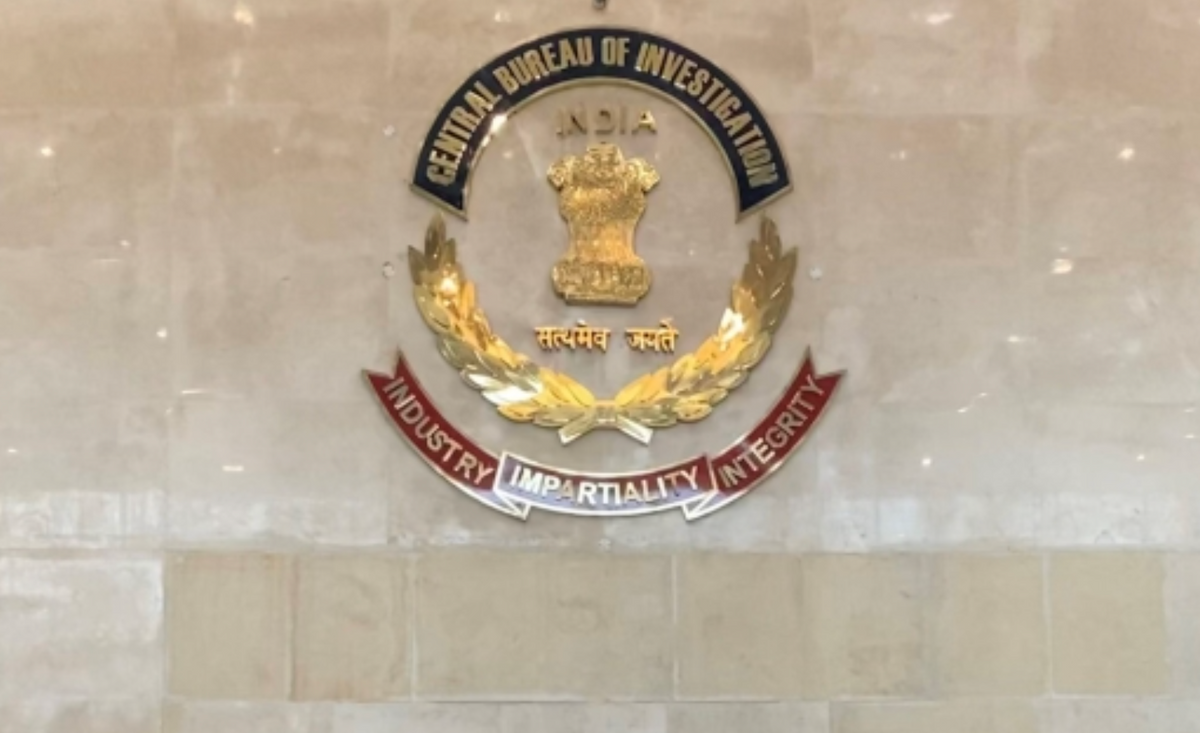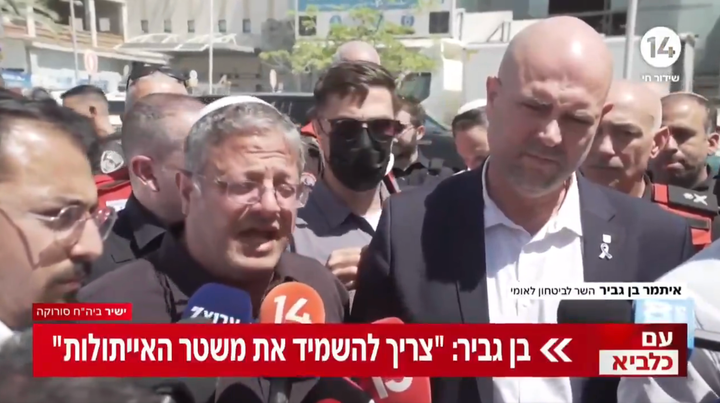India Accuses Reporter For Defense News Of 'Espionage'

The following article was made possible by paid subscribers. Support independent journalism on secrecy, whistleblowers, and press freedom. Subscribe and get a 30-day free trial.
A correspondent for Defense News was arrested in a raid by India’s Central Bureau of Investigation and accused of “collecting confidential information” about the country’s military in violation of the Official Secrets Act.
CBI claimed that Vivek Raghuvanshi had been investigating India’s Defense Research Development Organization (DRDO), the research and development arm of the military, and that he had been “in contact with several foreign entities/agents/persons.” They allegedly found military documents in Raghuvanshi's possession.
Sightline Media Group, which publishes both Defense News and Military Times, demanded the “immediate release” of their freelance reporter.
“Vivek has written about the Indian defense industry for Sightline publications for more than three decades and has shown that he is a journalist of integrity and the highest ethical standards,” Sightline declared.
The for-profit media company in the United States indicated that it was alarmed by allegations that Raghuvanshi collected and passed information to “foreign intelligence agencies.”
“Sightline leaders have not seen evidence to substantiate these charges and repudiate any attacks on press freedom,” the company added.
In a statement from the Military Reporters & Editors Association, they referred to the allegations as an “attack on press freedom” and said, “Journalists should never be arrested or prosecuted for simply doing their jobs.”
The National Press Club in Washington, D.C., also condemned the arrest of Raghuvanshi.
Defense News was founded in 1986 and describes itself as an “authoritative, independent, professional news source for the world’s defense decision-makers.” The outlet tracks “new products, technologies, and programs,” developments with military budgets, and military policymaking. It is essentially a trade publication for the military industry in the U.S. and the global military industry.
Raghuvanshi’s most recent articles include:
"India, Russia cut deal on payment delays, defense production"
"India awards contracts for Akash and Brahms missiles, plus more ships"
“India orders Army communications satellite”
“India awards three contracts to Bharat Electronics without competition”
The last article that Raghuvanshi authored was published nearly 2 weeks before his arrest.
Along with Raghuvanshi, Ashish Pathak, a former commander in India’s Navy, was arrested and accused of similar offenses. CBI labeled Pathak an “associate,” yet it is unclear what that means exactly.
CBI agents reportedly seized “48 electronic devices, including laptops, tablets, mobile phones hard disks and pen drives belonging to the two accused and others associated with them.”
“The data stored in cloud-based accounts / e-mails / social media accounts belonging to the accused / others have also been recovered by the CBI’s digital forensic experts,” according to CBI.
As Defense News acknowledged in their coverage of the allegations against their reporter, “Raghuvanshi’s arrest comes at a time of increasing concern about the state of press freedoms in India. Amnesty International, Reporters Without Borders and the Committee to Protect Journalists were among the human rights organizations that issued a statement on World Press Freedom Day earlier this month calling on Indian authorities to stop prosecuting journalists and online commentators for criticizing government policies.”
***
The claims of espionage are additionally remarkable because they are similar to the accusations that Russian intelligence leveled against Wall Street Journal reporter Evan Gershkovich, who was detained in March.
Gershkovich was accused of collecting state secrets about “Russia’s military-industrial complex” at the behest of the U.S. government.
Both cases against Gershkovich and Raghuvanshi illustrate why press freedom organizations have clamored for the U.S. government to free WikiLeaks founder Julian Assange. Press freedom advocates recognize that the U.S. is normalizing prosecutions against journalists for obtaining and seeking to publish stories based on documents about security and military operations.
If the U.S. government is justified in prosecuting Assange, then India and Russia are justified in jailing journalists for engaging in similar journalistic activity.
However if the prosecutions against Gershkovich and Raghuvanshi are truly unjust and represent attacks on freedom of the press, then charges against Assange should be dropped immediately. And they all should be freed from detention immediately.
In the words of Assange supporters, who have long uttered these words with far more credibility and consistency than President Joe Biden or Secretary of State Antony Blinken, “Journalism is not a crime.”




Comments ()